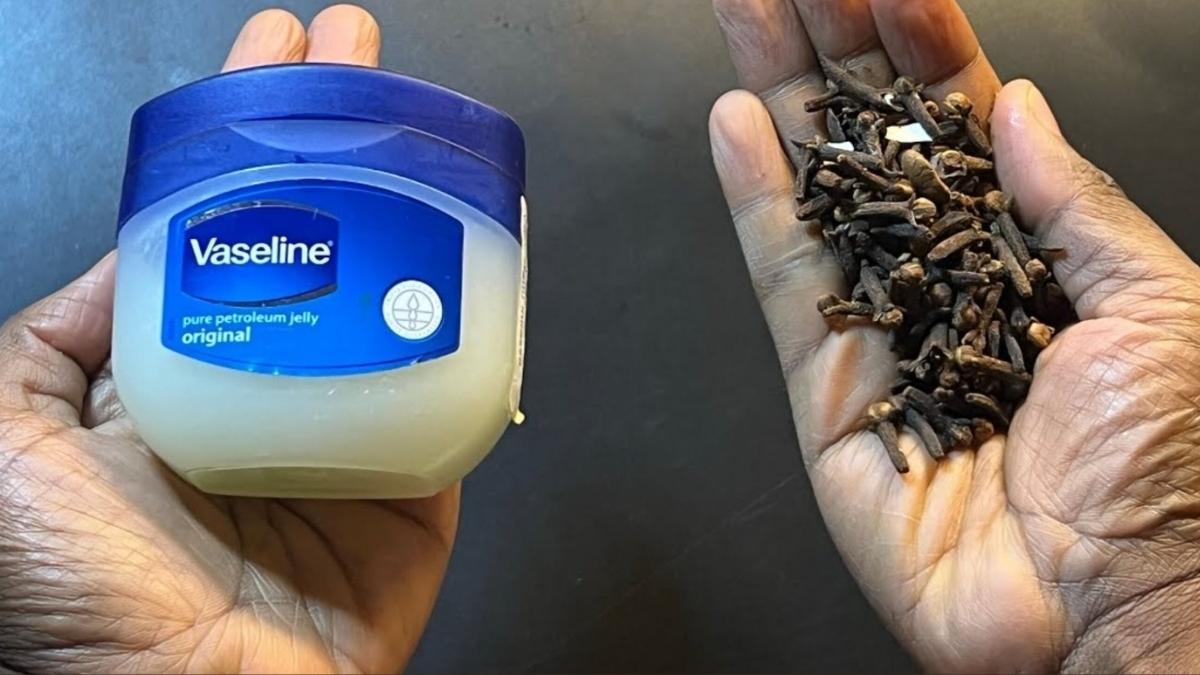Tonsil stones, also known as tonsilloliths, are a common yet often overlooked condition that can cause discomfort and unpleasant symptoms. While they are generally harmless, understanding their causes, symptoms, and treatment options can help manage and prevent them effectively.

What Are Tonsil Stones?
Tonsil stones are small, calcified deposits that develop in the crevices of your tonsils. These formations consist of trapped debris such as food particles, dead cells, and bacteria, which harden over time. Individuals with deeper tonsil crypts are more likely to experience tonsil stones, as debris can accumulate more easily.
Although tonsil stones are not dangerous, they can lead to persistent bad breath, discomfort, and even contribute to tonsillitis in some cases. Recognizing their symptoms early can help in managing them effectively.
Common Symptoms of Tonsil Stones
Tonsil stones vary in size, and their symptoms depend on their size and location. Common signs include:
- Persistent bad breath (halitosis): The bacteria in tonsil stones produce sulfur compounds, causing foul-smelling breath.
- Sore throat: Larger stones can irritate the throat, leading to pain or discomfort.
- Difficulty swallowing: Tonsil stones can obstruct the throat, making swallowing uncomfortable.
- Ear pain: The shared nerve pathways between the tonsils and ears can result in referred pain.
- Swollen tonsils: The presence of stones may lead to inflammation or redness.
- Visible white or yellow spots: Small tonsil stones may be noticeable at the back of the throat.
If you experience these symptoms, it’s advisable to consult a healthcare provider for an accurate diagnosis.

Causes of Tonsil Stones
Tonsil stones form when debris becomes trapped in the tonsil crypts and hardens over time. Several factors contribute to their formation, including:
- Poor oral hygiene
- Chronic tonsillitis or recurrent throat infections
- Large tonsil crypts
- Excess mucus production
- Dry mouth, which promotes bacterial growth
Diagnosing Tonsil Stones
A healthcare provider can diagnose tonsil stones through a simple physical examination. They may use a light source and a tongue depressor to inspect the tonsils for visible stones. In some cases, X-rays or CT scans may be required to detect larger or hidden stones.

Treatment Options for Tonsil Stones
At-Home Remedies
For small tonsil stones that do not cause significant discomfort, the following home treatments may help:
- Saltwater gargles: Dissolve a teaspoon of salt in warm water and gargle to reduce inflammation and dislodge stones.
- Cotton swabs: Gently use a cotton swab to remove visible stones, taking care not to injure the tonsils.
- Oral irrigators: Devices like water flossers can help flush out debris from the tonsil crypts.
Medical Treatments
If tonsil stones persist or cause severe symptoms, medical interventions may be necessary:
- Medicated mouthwashes: Antimicrobial solutions help reduce bacteria and prevent stone formation.
- Laser cryptolysis: A minimally invasive procedure that smooths the tonsil surface to minimize debris accumulation.
- Tonsillectomy: In severe or recurrent cases, surgical removal of the tonsils may be recommended.
How to Prevent Tonsil Stones
Maintain Good Oral Hygiene
Practicing proper oral care is the most effective way to prevent tonsil stones:
- Brush your teeth and tongue at least twice daily.
- Floss regularly to remove trapped food particles.
- Use an antimicrobial mouthwash to kill bacteria and prevent buildup.

Stay Hydrated
Drinking plenty of water keeps the mouth moist and reduces the risk of debris accumulating in the tonsils.
Adjust Your Diet
- Avoid foods that easily get trapped in the tonsils, such as nuts and seeds.
- Eat a balanced diet rich in fruits and vegetables to support overall oral health.
Quit Smoking
Smoking irritates the tonsils and promotes bacterial growth, increasing the likelihood of tonsil stones.
When to See a Doctor
While tonsil stones are usually harmless, seek medical advice if:
- Symptoms persist or worsen over time.
- Tonsil stones cause frequent infections or tonsillitis.
- Home treatments fail to provide relief.
Final Thoughts on Tonsil Stones
Tonsil stones can be uncomfortable, but they are manageable with proper care. By maintaining good oral hygiene, staying hydrated, and making dietary adjustments, you can reduce the likelihood of their formation.
Understanding the causes and symptoms of tonsil stones is key to managing them effectively. With the right approach, you can maintain optimal oral health and prevent tonsil stones from becoming a recurring issue.


